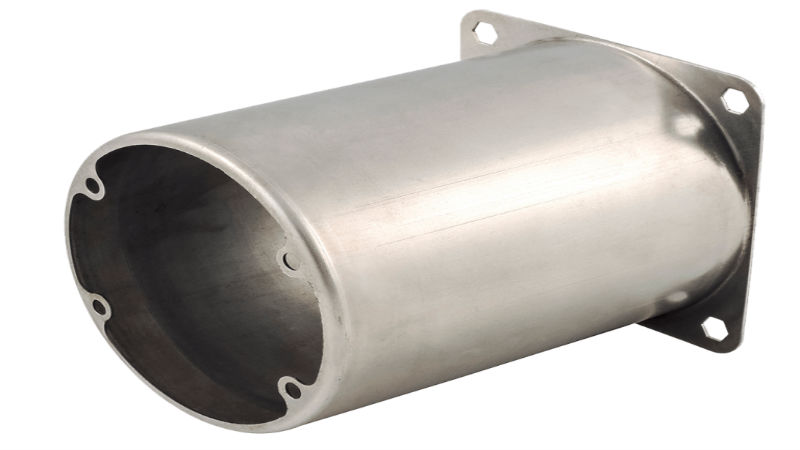Metal stamping is not simply for large items or computer constituents. This is truly a diverse technology. Its processes are capable of addressing the needs of delicate components. The tool and die industry can design, create and manufacture items that demand close tolerance. This is the case with surgical metal stamping. Only a few such shops operate in cities such as Boston, MA. It is a specialty skill.
What Are Surgical Metal Stampings?
This type of stamping focuses on producing instruments for the medical industrial sector. It requires leading edge and extremely precise stamping capabilities to accomplish this. Close tolerances are demanded from the process. Of all the equipment the stamping process can produce, these require particular care and expertise. The specifications for such instruments are high. The quality must be able to undergo rigorous testing by official watchdogs as the Federal Drug and Administration Agency (FDA). The same applies to the safety requirements.
What Applications Do Surgical Metal Stampings Address?
Metal stampings produce a variety of medical components for the treatment and surgery. The list is quite extensive but includes:
- Biopsy forceps
- Drive channels
- Endoscopic clip appliers
- Cauterizer
- Clips
- Drive and retraction springs
- Endoscopic stapling equipment
- Ferrules (for needles)
- Jaws
- Needle guides
- Springs
- Staple removers
- Surgical staples
- Surgical saws
Many of these surgical metal stamping products are hand-held devices. A company can produce large or small volumes of work depending upon the demand. Another factor affecting the production levels and process is whether the devices are for a singular use i.e. disposable, or are intended to be re-sterilized repeatedly for multiple use.
Why Choose Surgical Metal Stampings?
Stamping is an ancient process. However, it has moved with the times, embracing the latest in technology. Automation together with computerized machines has made a basic process more sophisticated. With the right equipment and the highest level of skills, stamping can produce the tighter tolerances required for the production of medical instruments. Companies choose metal stamping for this and other reasons including:
- Two Dimensional Configurations: When producing such shapes, stamping is an economically viable solution
- Long Runs: Stamping is an excellent choice for long runs using hard tooling
- Strength: Relying on reshaping material, stamping is able to retain the original strength of the material in the core of the shaped instrument or tool
- Production Speed: Stamping runs at a speed that exceeds that of such fabrication methods as machining
- Quality: Each medical instrument or component is replicated to the exact tolerances required resulting in high quality products
These are a few of the reasons why metal stamping will continue to find favor in the medical instrument field.
Surgical Metal Stampings
Not all tool and die shops can produce high quality surgical instruments. This is a highly specialized field. It requires a high level of skill. It also demands the finest and most precise technology. This restricts this necessary craft to a noteworthy minority. In fact, only a few tool and die shops in a city as large as Boston specialize in providing surgical metal stamping services.

